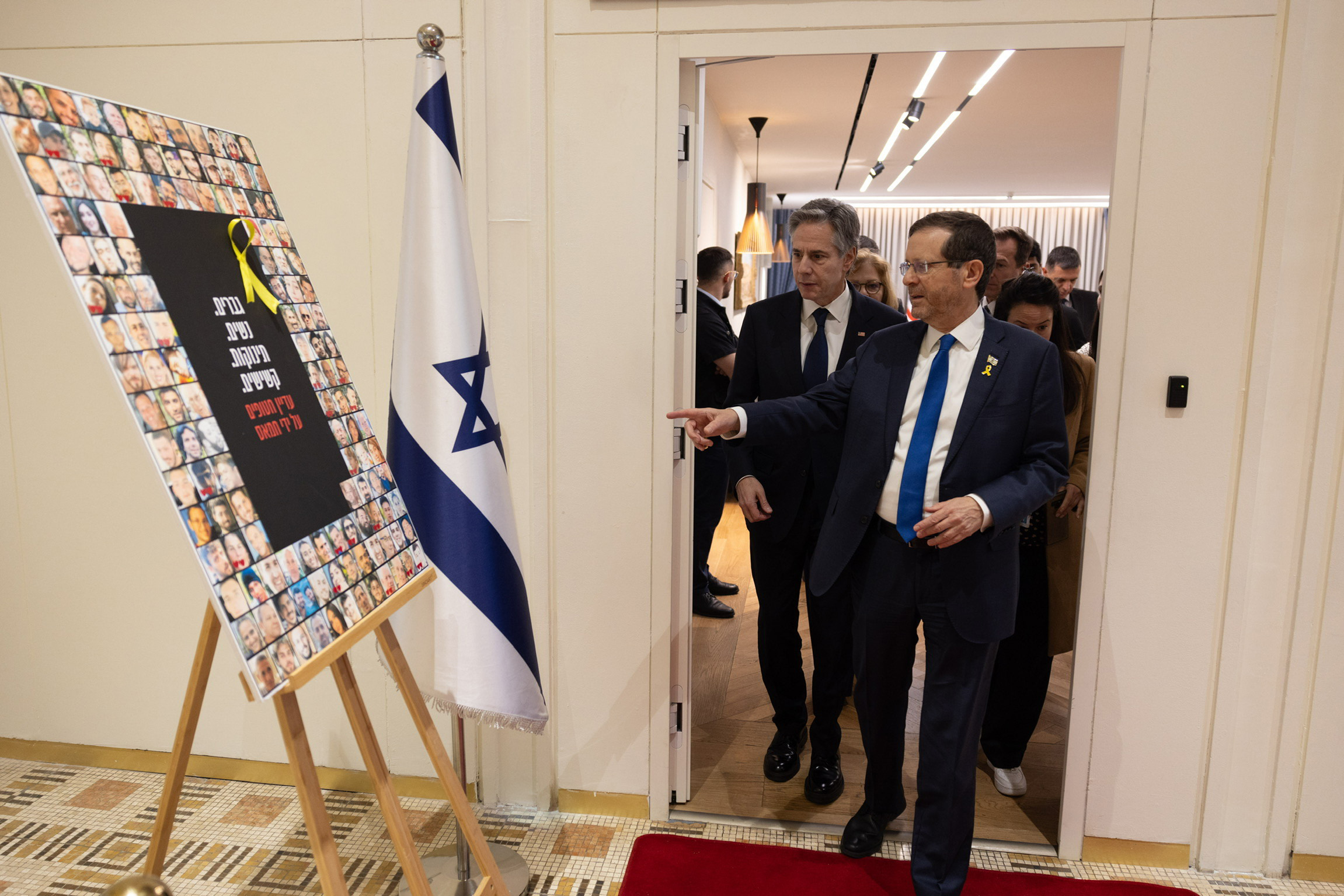
New Developments in Ceasefire Talks
- Last week, mediators from the U.S., Egypt, and Qatar met Israeli officials in Paris to discuss a ceasefire deal in the Israel-Hamas war.
- This week, Israeli and Hamas officials had separately met with Qatar’s Emir Tamim bin Hamam al-Thani in Doha in efforts to close in on a ceasefire-and-hostage deal.
- U.S. President Joe Biden stated that Israel agreed to pause its offensive during Ramadan if a deal is reached to release some Israeli hostages held by Hamas.
- Hamas has also expressed its openness to negotiating a truce before the beginning of Ramadan.
- Such truce would be expected to begin on or around March 10.
- By February 27, Hamas had received a draft proposal from ceasefire talks in Paris.
- The proposal included a 40-day pause in all military operations and the exchange of around 400 Palestinian prisoners for 40 Israeli hostages.
- Under this proposal, “hospitals and bakeries in Gaza would be repaired, 500 aid trucks would enter into the strip each day and thousands of tents and caravans would be delivered to house the displaced.”
- Biden expressed optimism that a ceasefire deal could be reached by March 4. However, Israel and Hamas, as well as Qatari negotiators, “sounded notes of caution… about progress towards a truce in Gaza.”
- Israeli officials said they were surprised by Biden’s comments, which were not made in coordination with their leadership.
- The U.S. Department of State also cited a temporary ceasefire agreement as possible by March 4.
Prior Concessions
- On February 25, Netanyahu stated that Hamas must yield on its original demands before a hostage deal can be reached. These demands include the release of thousands of Palestinian prisoners and a permanent ceasefire.
- Egyptian officials with knowledge on separate Egypt-Hamas talks in Cairo have specified that Hamas agreed to several conditions.
- Hamas had withdrawn demands of an immediate Israeli withdrawal from Gaza or an immediate truce.
- The group had also lowered the number of Palestinian prisoners it would like released from Israel in exchange for some of the 134 remaining Israeli hostages in Gaza.
Status of the Rafah Offensive
- On February 25, Netanyahu stated that a military operation on Rafah is inevitable. He added that a ceasefire deal would only “somewhat” delay the Israeli offensive.
- Netanyahu also announced that he would be meeting with his cabinet in the coming week to “approve the operational plans for action in Rafah, including the evacuation of the civilian population from there.”
- Israeli War Cabinet Minister Benny Gantz has stated that Israel would invade Rafah over Ramadan if a hostage deal was not reached with Hamas by March 10.
- On February 26, the IDF presented the Israeli war cabinet with its plan for the evacuation of Palestinian civilians from Rafah. Additionally, the cabinet approved the provision of humanitarian aid to south Gaza in a manner that would “prevent looting.”
- About 1.5 million Palestinians remain sheltered in Rafah. The humanitarian situation remains critical, as aid agencies struggle to bring in supplies due to security constraints and temporary closures.
